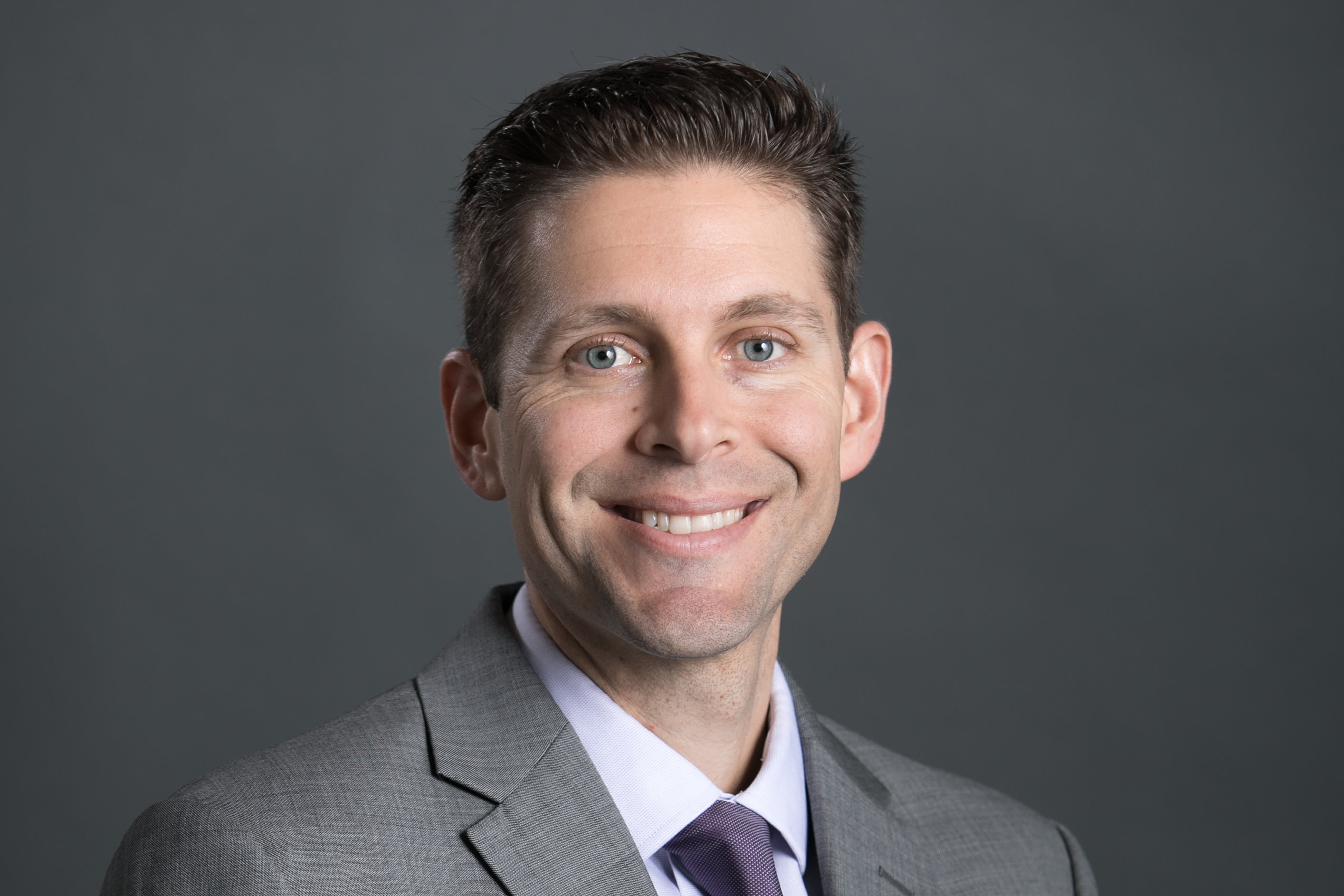Interim Department Chair and Professor at the IU Richard M. Fairbanks School of Public Health
Chris Harle thinks a lot about how physicians and patients can effectively use the enormous amount of health-related information generated as people consume healthcare and go about other parts of their daily lives. As a professor of health policy and management and a scientist at the Regenstrief Institute’s Center for Biomedical Informatics, Harle studies how to deliver useful health-related information to decision makers. This means making use of the trail of medical data related to each person’s individual health and wellbeing, including diagnoses, imaging, clinical notes, medications, procedures, and more.
“In healthcare, there’s a massive and rapidly growing volume of data in computer systems. While much of this data is immaterial for a given person at a given time, the right information at the right time can make meaningful differences to people’s health. Thus, clinicians and administrators need tools and methods to sift through large volumes of data and find useful information for patients and populations,” Harle said. “Our research team designs and implements new technologies for electronic health records and then studies the effect the technology has on decisions, care quality, safety, and health outcomes.”
For physician leaders and healthcare administrators, aggregating and synthesizing data provides insights into what can be done to improve outcomes, financial performance, access, safety, and quality. In the Physician MBA Program, Harle—a graduate of the Tobias Fellows Program—leads the course on Data Analytics for Physician Leaders, which trains clinicians on how to make use of the data at their fingertips.
“Physicians and their teams are often the end users when it comes to translating data to healthcare decisions and actions,” Harle said.
“ If we can train eager, interested physician leaders with tools and frameworks for thinking about data, analytics, and how those are applied to real-world decisions, that’s a win.”


